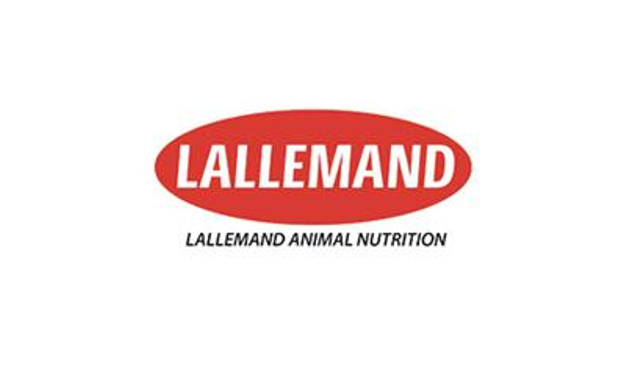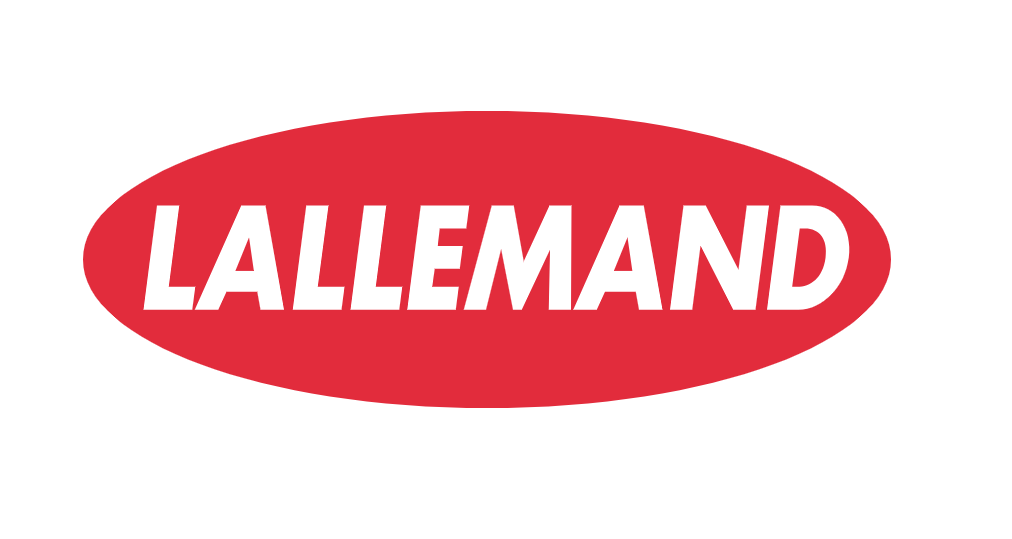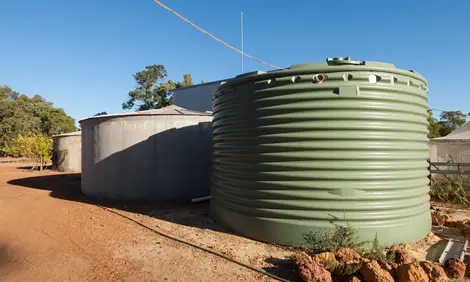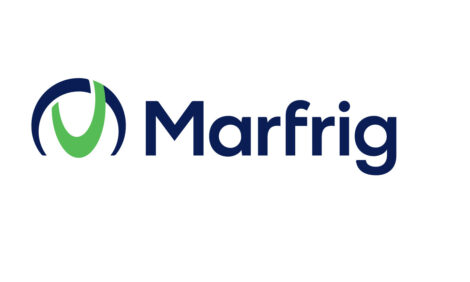



A journey towards a more resilient selenized yeast production system
Lallemand unveils its strategic decision to make substantial investments in its selenized yeast plant.As part of its commitment to adapt to market changes and proactively address the evolving demands of its customers, Lallemand, a global leader in microbial fermentation, unveils its strategic decision to make substantial investments in one of its selenized yeast plant.
For the past four years, the feed industry, alongside numerous other sectors, has been impacted by broader economic factors, such as the COVID-19 pandemic, inflation and escalating energy costs.
In light of these challenges, Lallemand Animal Nutrition is excited to announce significant investments to its production infrastructure in Felixstowe (UK), one of the company’s main production sites for selenium-enriched yeast (ALKOSEL).
These enhancements are strategically designed to strengthen the company's resilience and adaptability in response to external pressures and dynamic market conditions and to address sustainability goals while remaining a reliable partner for customers. By investing in these improvements, the company confirms its dedication to delivering high-quality products, meeting the market demand for competitive offerings, while proactively managing risks, optimizing operational efficiency and reducing its environmental footprint by optimizing energy consumption.
Let’s take a peek behind the doors of the UK production plant!
How is selenized yeast produced? Producing high-quality, concentrated, selenized yeast is the fruit of proper yeast strain selection, specific process development and strict quality control. Specifically selected yeast strains can convert significant amounts of inorganic selenium to around 100 different organic selenium compounds (such as selenomethionine and selenocysteine). Due to their individual genetic make-up, each yeast strain will bring its own profile in terms of exact composition in organic selenium compounds. Regarding the production of Lallemand’s selenized yeast (Saccharomyces cerevisiae NCYC R397, ALKOSEL), a specific production process has been developed and is constantly optimized to ensure optimal and consistent quality of the product.
ALKOSEL is produced by fed-batch culture: nutrients, including selenium, are supplied incrementally to the growing cells.
“The crucial part is to add the right amount of selenium at the right time. Adding too little results in a low concentration of organic selenium in the final product, whereas adding too much will inhibit the growth of the yeast”, explains Elsa Parmentier, R&D Project Manager at Lallemand Animal Nutrition
Once the yeast has reached its optimal growth, it is carefully washed and harvested by centrifugation and the selenium enriched yeast cream is further processed to inactivate the yeast cells and dried in a drum dryer.
Strategic investments driving eco-friendly improvements

Andre Zigani, Operations and Plant Director at Lallemand Felixstowe, explains: “Drying of the yeast cream is one of the highest energy consuming phases of the whole process and, over the past years, we have made significant investments to reduce this cost and streamline our overall production process. In 2023, we have invested in a new drying technology, allowing us to ensure more energy efficient process (nearly 40% reduction on electricity)."
He adds: "We are producing our own energy on-site! Combined heat and power deliver 100% of plant electricity, 25% of steam and 10% of hot water requirements. Also, new blowers have allowed us to reduce energy consumption in air supply for fermentation by 30%. Concerning water management, we installed in 2017 a reverse osmosis (RO) solution that reduced plant potable water consumption by 35%. This has economic impact as it enables us to optimize production costs and to reduce our environmental footprint. Stay tuned because we are also currently investing in the reduction of our gas consumption by 50%, by the end of 2025!”
The Felixstowe plant, together with other selenized yeast production sites in North America and Europe, offer a great flexibility and agility in responding to evolving market demands. This strategic setup enhances supply chain stability, reinforcing consumer confidence and maintaining consistent availability of goods even in challenging circumstances.
Matthieu Baulez, Lallemand Animal Nutrition Product Management and Supply Chain Director, says: “We have strengthened our supply chain relationships and diversified our raw material sourcing strategies to enhance resilience against disruptions and minimize dependencies on single suppliers or regions. This proactive approach ensures continuity of supply and minimizes the potential impact of external disruptions on our operations.”
Locally engaged production site
“I am proud of the positive societal and environmental impact the new investments have generated as it allowed us to reduce the plant’s environmental footprint and to grow our team and drive more local employment. Meet our passionate team in Felixstowe!”, adds Zigani.

Shireen Moodley, Quality Manager at Lallemand Felixstowe, adds: “I joined the Felixstowe team in 2021. Prior to that, I was working at a Lallemand yeast plant in Durban, South Africa. I have a lot of experience in fermentation from different perspectives, such as R&D, industrial microbiology, process and quality. There are so many aspects to my job, there is no monotony, it changes all the time! With something new, like the drum dryer commissioning last year, there is always that excitement, and the drive to make it work. Now, we are running well. We had recently the FAMI-QS Audit, and the auditor was happy with our new installation and our documentation to support it. The team here is friendly and very helpful and it helped me a lot considering I came on my own from South Africa. It is very nice because I know I can rely on a lot of people here.”
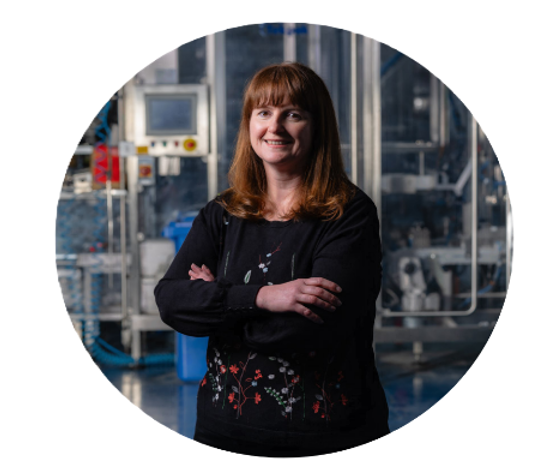
“I started at Lallemand, 3.5 years ago, I love planning. It involves working with all the departments from fermentation to drying and packaging. Every day is a different challenge. You come in the morning and ask yourself ‘how do I solve this today?’ and you need to readjust everything, finetune almost on a daily basis. Putting together this big jigsaw puzzle, making sure everything is moving as it should. I very much enjoy working with this amazing team! Everybody is so open and supportive”, tells Marina Last, Production Planner at Lallemand Felixstowe.
Finally, Eric Legget, Operation Manager at Lallemand Felixstowe, concludes by saying: “I have been in the food industry for 32 years, I have worked in baking, dairy, meat and flavor factories. I joined Lallemand 14 months ago to set up the new yeast drying line. I went to our plant in Estonia for a training on yeast drying processes before the initial operation of the dryer line here in Felixstowe. I managed its commissioning, new recruitments and the training of the team. We have now been running the line for 12 months, and we have had few issues to solve. It is performing extremely well. Coming to Lallemand was a great decision for me. I love what we do here. The team spirit is good, it keeps us going!”







